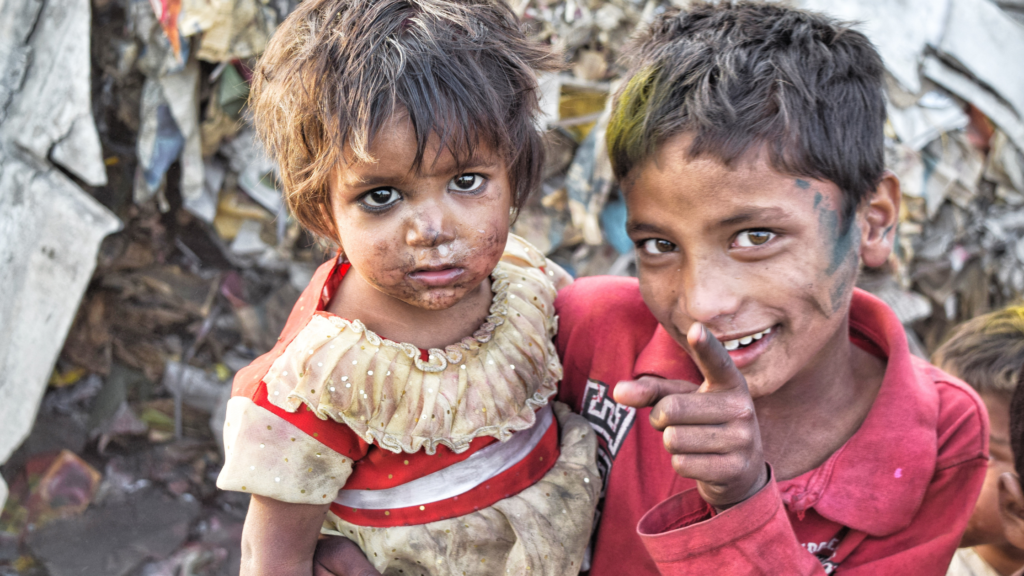What is International Day for the Eradication of Poverty?
The International Day for the Eradication of Poverty is a significant global observance held annually on October 17th. It serves as a reminder of the ongoing struggle to eliminate poverty worldwide and highlights the collective responsibility of governments, organizations, and individuals to fight for a more equitable world. Poverty is one of the greatest challenges of our time, affecting millions of people globally. This day offers an opportunity to reflect on the causes, impacts, and possible solutions to poverty, and it calls for action to support the most vulnerable in society.
Origins of the International Day for the Eradication of Poverty
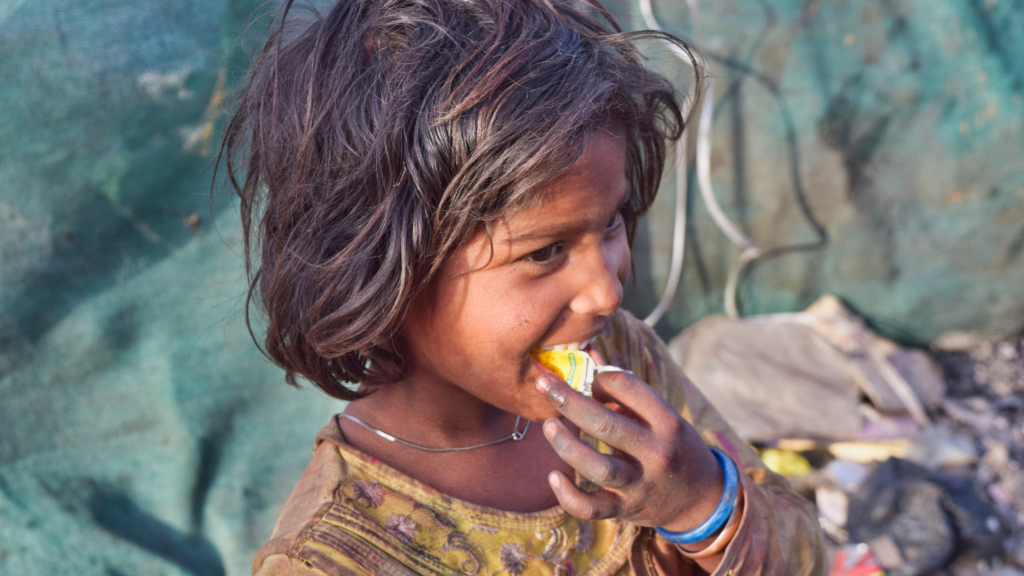
The International Day for the Eradication of Poverty was officially recognized by the United Nations in 1992. However, its roots date back to October 17, 1987, when over 100,000 people gathered at the Trocadéro in Paris, France. This location was chosen as a symbol of human rights because it was where the Universal Declaration of Human Rights was signed in 1948. During this gathering, people of all backgrounds proclaimed that poverty is a violation of human rights, and they affirmed the need for global solidarity to overcome it.
The theme of human rights remains central to the day’s observance, emphasizing that poverty goes beyond a lack of income or resources. It includes social exclusion, discrimination, and denial of basic human rights such as access to education, healthcare, and employment opportunities. By addressing these injustices, the International Day for the Eradication of Poverty calls for a comprehensive approach to poverty eradication.
The Global Impact of Poverty
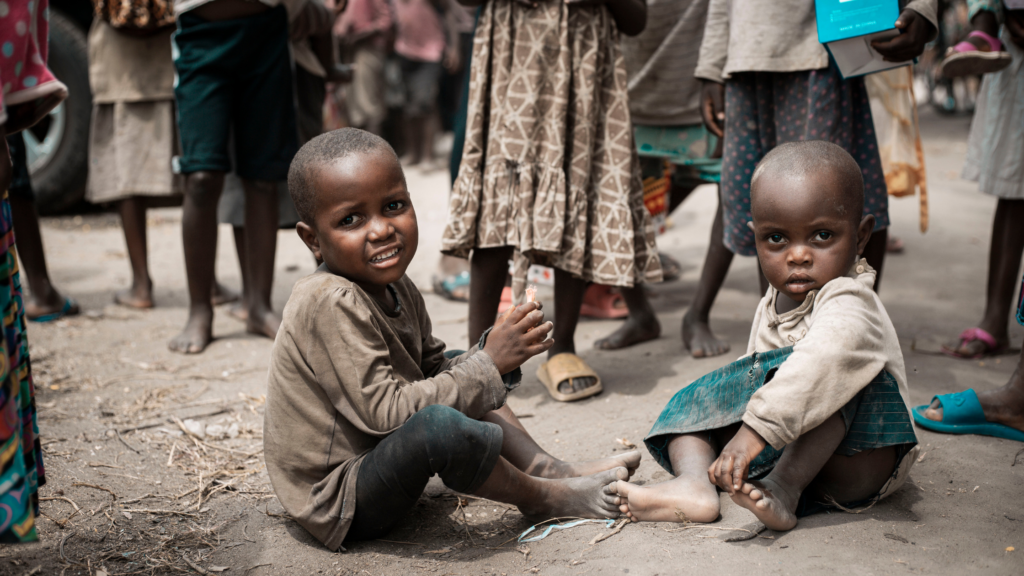
Poverty affects billions of people around the world, with devastating consequences. As of recent data, around 9.2% of the global population lives in extreme poverty, defined by the World Bank as living on less than $2.15 per day. However, poverty is not limited to financial deprivation. It includes lack of access to essential services like clean water, education, and healthcare. Those living in poverty often face discrimination and limited opportunities, creating a cycle that is difficult to break.
The International Day for the Eradication of Poverty aims to bring attention to the various dimensions of poverty, including:
- Economic deprivation: Individuals or families without sufficient income to meet basic needs.
- Social exclusion: Marginalized groups often face discrimination, limiting their access to jobs, education, and social services.
- Health inequality: Poverty-stricken communities suffer from poor health outcomes, exacerbated by inadequate access to healthcare.
- Lack of education: Limited educational opportunities prevent upward mobility and perpetuate the poverty cycle.
By focusing on these interconnected issues, the International Day for the Eradication of Poverty encourages a multi-dimensional approach to fighting poverty and improving the lives of those affected.
The Role of Governments and International Organizations
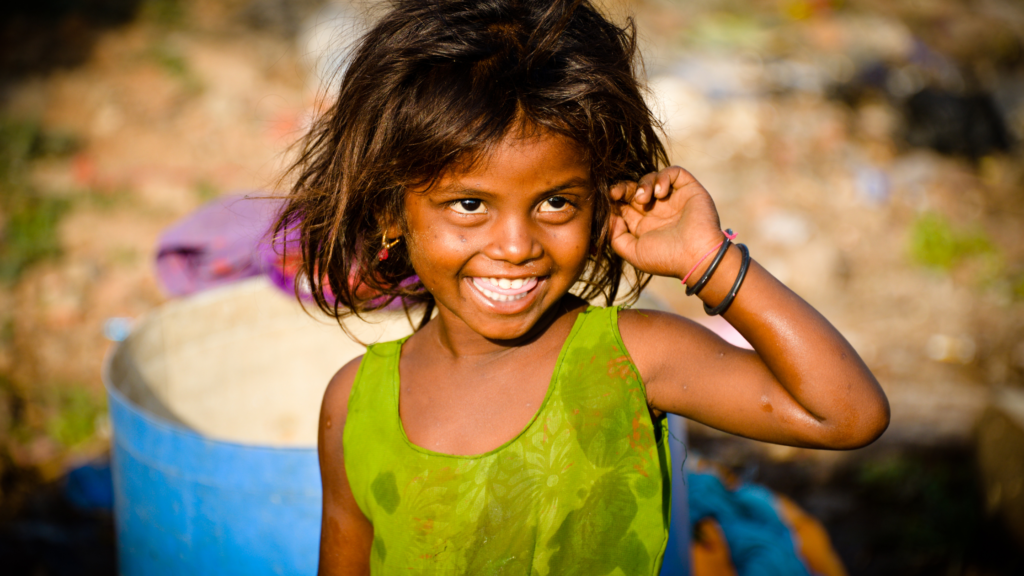
Governments and international organizations play a crucial role in poverty eradication. Sustainable economic growth, fair distribution of resources, and social protection policies are essential to tackling poverty at its roots. The United Nations Sustainable Development Goals (SDGs) place “No Poverty” as the first of their 17 goals, underscoring the global priority of ending poverty in all its forms.
The International Day for the Eradication of Poverty serves as a platform for governments to reflect on their progress toward poverty alleviation and renew their commitments. It is also a time to highlight successful poverty eradication programs that have positively impacted communities worldwide. For example, social protection programs like cash transfers, unemployment benefits, and healthcare subsidies have proven effective in reducing poverty in many countries.
Non-governmental organizations (NGOs) and community-driven initiatives also contribute significantly. Organizations such as Oxfam, the World Food Programme (WFP), and UNICEF work tirelessly to provide food, education, and healthcare to those in need. These efforts are particularly vital in areas affected by conflict, climate change, and other crises.
Poverty and Climate Change

One emerging focus of the International Day for the Eradication of Poverty is the connection between poverty and climate change. Climate change disproportionately affects the world’s poorest populations, who are often the least responsible for contributing to environmental degradation. Droughts, floods, and other climate-related disasters destroy livelihoods, force migration, and exacerbate food insecurity. Addressing climate change and its impacts is, therefore, a critical part of the fight against poverty.
As climate change worsens, international efforts to combat it must consider the needs of vulnerable populations. Sustainable development practices that reduce environmental damage while promoting economic growth are crucial. By tackling both poverty and climate change, we can create a future that is more equitable and resilient.
The Importance of Education in Eradicating Poverty
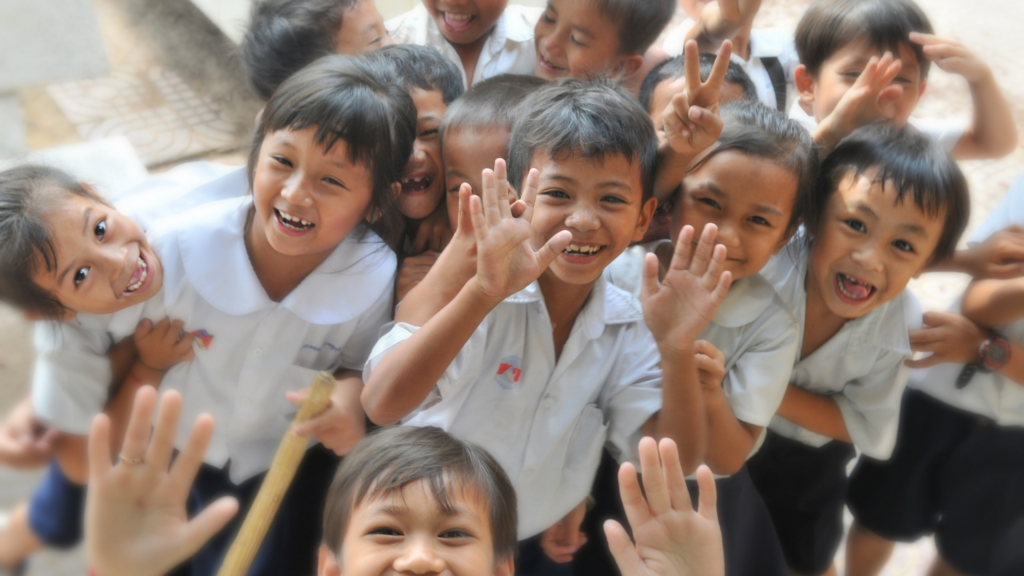
Education is one of the most powerful tools in the fight against poverty. It provides individuals with the skills, knowledge, and confidence they need to secure better-paying jobs, improve their living conditions, and contribute to their communities. Access to quality education, especially for girls and marginalized groups, is a key driver of poverty reduction.
The International Day for the Eradication of Poverty recognizes the transformative power of education. It highlights the need for policies and programs that ensure all children have access to free, quality education. Initiatives like the Global Partnership for Education (GPE) work with governments and donors to ensure that education is prioritized, particularly in low-income countries.
What Can Individuals Do On International Day for the Eradication of Poverty?
While governments and organizations play a major role, individuals also have a part to play in eradicating poverty. The International Day for the Eradication of Poverty encourages everyone to contribute to the cause in meaningful ways. Some actions individuals can take include:
- Volunteering: Many local and international organizations rely on volunteers to assist with poverty alleviation programs. Volunteering can provide hands-on experience and a chance to make a direct impact.
- Donating: Financial contributions to reputable charities and organizations help fund programs that provide food, education, and healthcare to those in need.
- Raising awareness: Educating others about the realities of poverty and advocating for policies that address its root causes can create broader support for change.
- Sustainable practices: Reducing waste, conserving energy, and making eco-friendly choices can lessen the impact of climate change on vulnerable populations.
The Road Ahead
Despite significant progress in poverty reduction over the past few decades, challenges remain. The COVID-19 pandemic has reversed some of the gains made, pushing millions back into extreme poverty. Conflicts, economic instability, and climate change continue to threaten the livelihoods of millions around the world.
The International Day for the Eradication of Poverty serves as a reminder that the fight against poverty is far from over. It calls for renewed efforts and innovative solutions to address the root causes of poverty and inequality. By working together—governments, organizations, and individuals alike—we can build a world where poverty no longer exists, and everyone has the opportunity to live a life of dignity and opportunity.
In conclusion, the International Day for the Eradication of Poverty is more than just a day of observance; it is a call to action. It reminds us that poverty is not inevitable, but rather a condition that can be overcome with collective effort, compassion, and determination. As we mark this day, let us commit to doing our part to make poverty history.
Explore More: Strategies For Sustainable Development: Commemorating the International Day for the Eradication of Poverty
